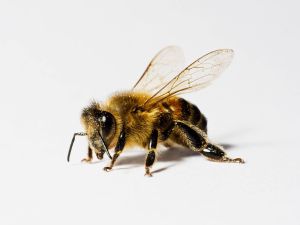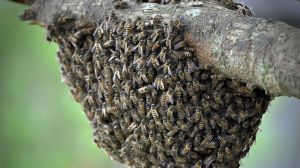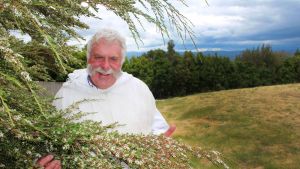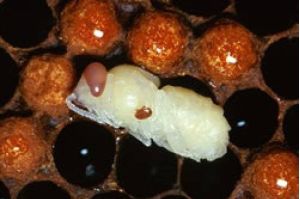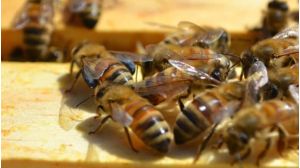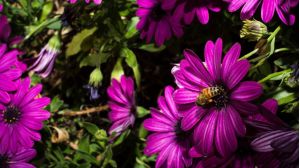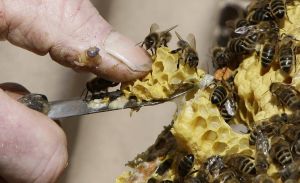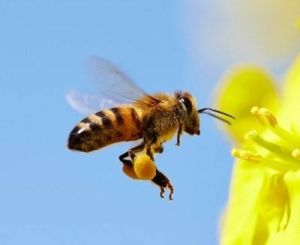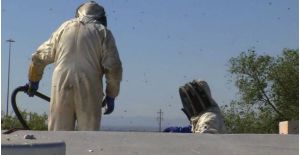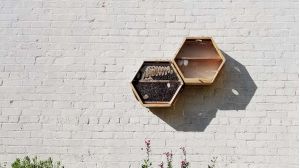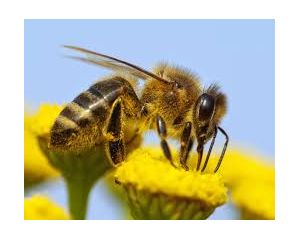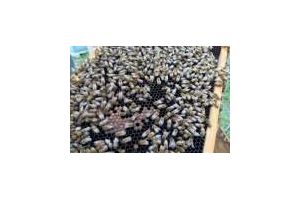Tel: 02 9731 7400 | Unit 1A, 1 Swaffham Road, Minto NSW 2566
Previous Articles
An increase in global demand has seen the price of Australian beeswax skyrocket in recent years, with local beards and beekeepers among the victims.
Australia's honey bee industry remains the
After receiving a federal government grant to grow the international market for Australian manuka honey in March, the Australian Manuka Honey Association received extra support from the industry body.
The potentially devastating varroa mite, which could wipe out the Australian beekeeping industry, has been detected in Victoria.
A bee colony infested with the varroa mite was detected on Wednesday at the Port of Melbourne on a ship from the United States.
About 160,000 bees now call West End home, with the yellow buzzing insects housed on a building rooftop.
Bee One Third founder Jack Stone installed four beehives on the top of the Westpac Bank building on Boundary Street.
The ancient Romans kept geese as guard animals.
My wife's family kept bees.
Their old family home didn't have much of a fence, but it was protected from intruders by the hive in the backyard. My wife's aunt introduced
Key updates and insights from one of Australia’s most ambitious and wide-ranging pollination research projects will be shared at the 3rd Australian Bee Congress that begins on the Gold Coast today.
Researchers working on the AgriFutures Australia managed project Securing Pollination for More Productive Agriculture: Guidelines for effective pollinator management and stakeholder adoption –– will deliver their latest findings, all focused on future proofing pollination services to the 65 per cent of horticultural and agricultural industries reliant on the health of Australia’s honey bee and pollination sector.
An Afghan schoolgirl has built up a beekeeping business in a country where few women are able to work outside.
An aggressive colony of bees invaded a far east El Paso neighborhood.
An extractor went out to the home where the bees have for several years to relocate them, but the
Have you ever considered beekeeping as a hobby? Would you enjoy the ticking time-bomb sensation that comes with keeping hundreds of bees under glass inside your home, as opposed to in the backyard or at some other safe distance from your living room? If you answered yes to both of these questions, the BEEcosystem might be for you.
Honey bees are attracted to a fungicide used in agriculture with "unsettling implications" for global food production, a scientist says.
Tests carried out by a team from the University of Illinois showed that bees preferred to collect sugar syrup laced with the fungicide chlorothalonil over sugar syrup alone.
European farmers are facing a total ban on a common group of pesticides after a report confirms they harm bees, putting pressure on Australia to follow.
The report published by the European Food Safety Authority [EFSA] analysed more than 1,500 studies and found three neonicotinoid pesticides posed a high risk to all bees.
The need for a backup bee has become critical, particularly in almond orchards. Almonds are California’s second-largest crop, injecting an estimated $21 billion annually into the state’s economy. In 2016 California’s almond growers needed nearly 1.9 million honeybee colonies—almost three-quarters of all the commercial colonies in the country—to pollinate their 940,000 acres.

